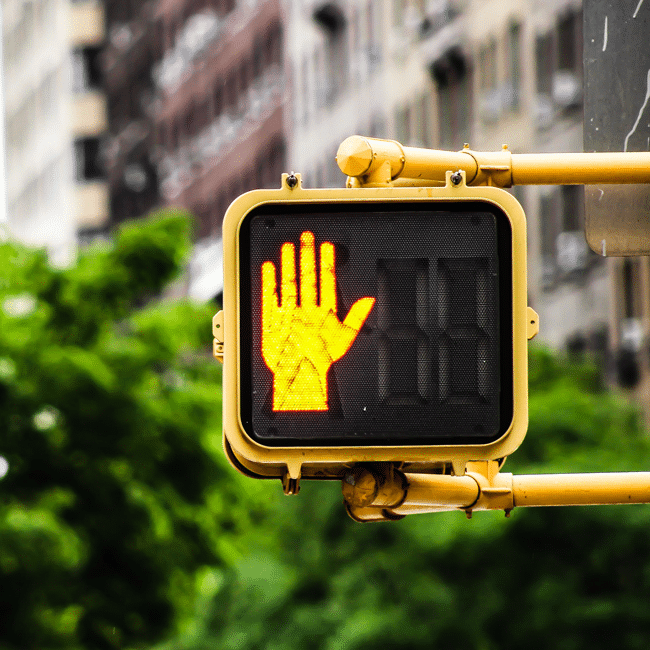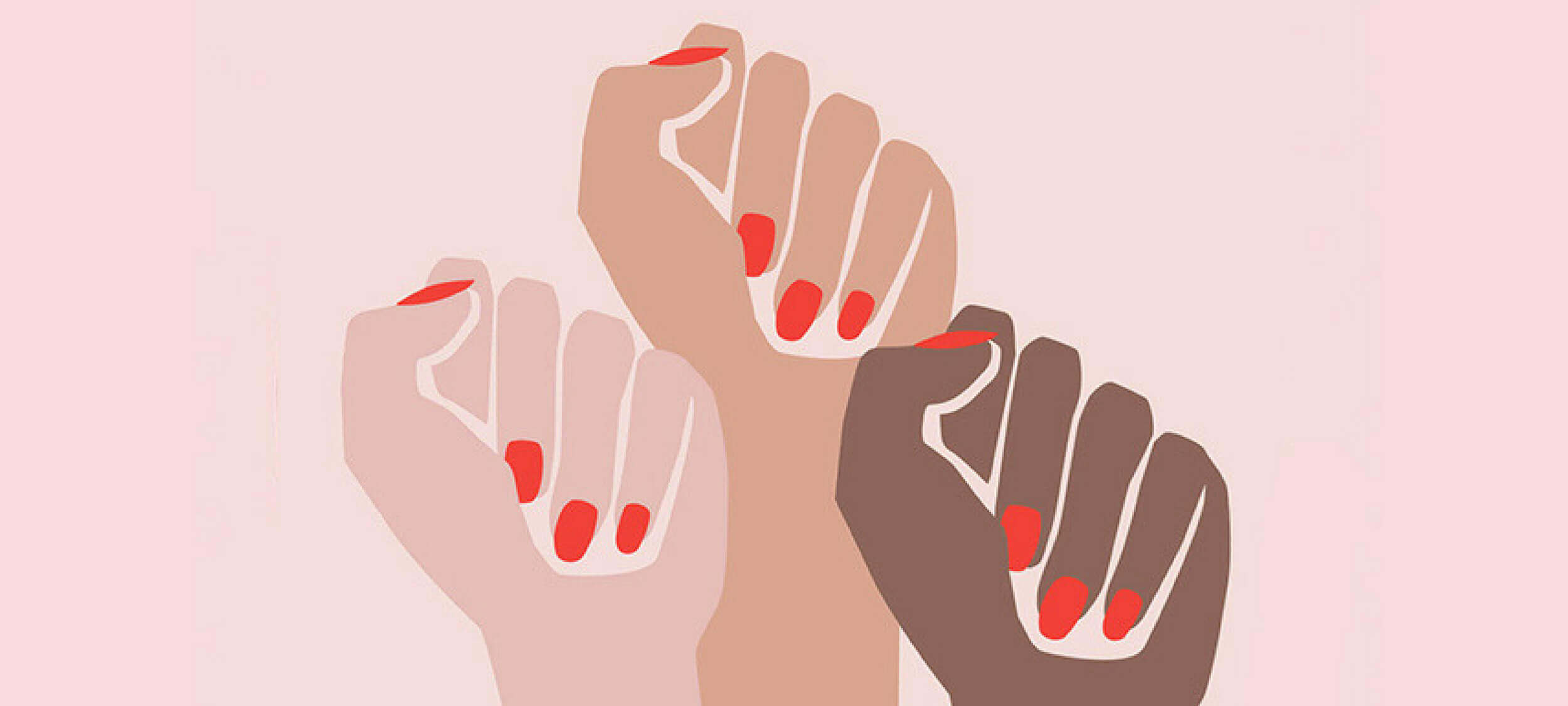
Nurses and naked photos
Opinion + AnalysisPolitics + Human Rights
BY Matthew Beard The Ethics Centre 6 NOV 2015
A Sydney nurse took an explicit photo of a schoolteacher who was under anaesthetic and awaiting surgery.
The teacher said, “I am a larger woman. To me, it’s obvious she took it to make fun of fat people.” The teacher is campaigning for legal reform to protect other patients from suffering in similar ways and to see the nurse punished for a criminal offence.
Obviously what this nurse did was wrong. It objectified another human being, treating her as an object of ridicule and subject to the whimsical mood of the nurse. What’s more, the nurse violated the contract of trust that underpins the relationship between patients and the medical profession.
By photographing her naked the nurse also subjected the teacher to deep and ongoing humiliation about her body and usually private sexual organs. The photograph also creates the possibility for further exploitation, distribution, and humiliation.
The teacher said, “I felt like my world was exploding. I felt I was in great peril that this photo was going to destroy my life, my career and that my son would find out.” It seems the psychological ramifications have been severe.
The act was intrinsically wrong. It violated notions of trust, the inherent dignity with which people ought to be treated, and undermined the values that inform the profession of nursing.
But independently of the consequences, the act was intrinsically wrong. It violated notions of trust, the inherent dignity with which people ought to be treated, and undermined the values that inform the profession of nursing.
It will be distressing to learn that there is currently no law in NSW forbidding behaviour like this. A loophole in the law means that because the photo was not motivated by sexual deviancy, but by the desire to make fun of the patient, no legal recourse was available. It seems reasonable to call for legal reform. This is precisely what Fiona McLay, the teacher’s lawyer, is doing.
The act was incontrovertibly unethical regardless of its legal standing and yet this nurse still felt empowered to take the photo. And worse, the nurse is still practising without restrictions or supervision, having apologised and found to have shown “the appropriate level of contrition”.
Despite all this, the instinct to turn to law as a way to amend or prevent unethical behaviour is misguided. What is required is for the nursing profession to demonstrate this behaviour will not be tolerated and is directly against the values nursing stands for.
Making such photographs illegal will do little to return trust – patients will still be vulnerable before surgery occurs and nurses will still have the opportunity to take such photos. Making photographs illegal will do little more than allow wrongdoers to be sent to prison.
Law is a clumsy instrument for enforcing ethical behaviour.
For us to trust nurses in spite of a story like this the profession must uniformly state their disapproval for the conduct and demonstrate willingness to enforce its own ethical standards. Law is a clumsy instrument for enforcing ethical behaviour. Re-committing as a profession and as individual professionals to the core values of the field – trust, respect for persons and patient care – is much more likely to avoid instances like this in the future.
There is no reason to excuse the nurse’s behaviour in this case. However, it is worth understanding this incident occurred in a context where crass jokes may well be the norm.
Jokes help us get through the day and although this one went seriously awry we should recognise the context in which it was made. Nursing is a tough field. It’s demanding on the body and the mind, and sometimes errors of judgement – including insensitive, invasive jokes – are a possibility.
As the old saying goes, sometimes you have to laugh to keep from crying.
Humour is a matter of taste, and much relies on pushing against ordinary modes of thinking – including moral norms. Of late there has been heated debate regarding the place and value of racist and sexist humour in comedy. Regardless of the view we take on that particular subject, we should agree that any form of humour that trades off the humiliation of a particular individual, or is done in ways that can have lasting and severe consequences for a person’s wellbeing will be unethical – even if funny to some.
Ethics in your inbox.
Get the latest inspiration, intelligence, events & more.
By signing up you agree to our privacy policy
You might be interested in…
Opinion + Analysis
Politics + Human Rights, Society + Culture
Why sometimes the right thing to do is nothing at all
Big thinker
Health + Wellbeing, Politics + Human Rights, Relationships
Big Thinker: Judith Butler
Opinion + Analysis
Politics + Human Rights, Relationships
Want #MeToo to serve justice? Use it responsibly.
Opinion + Analysis
Politics + Human Rights




